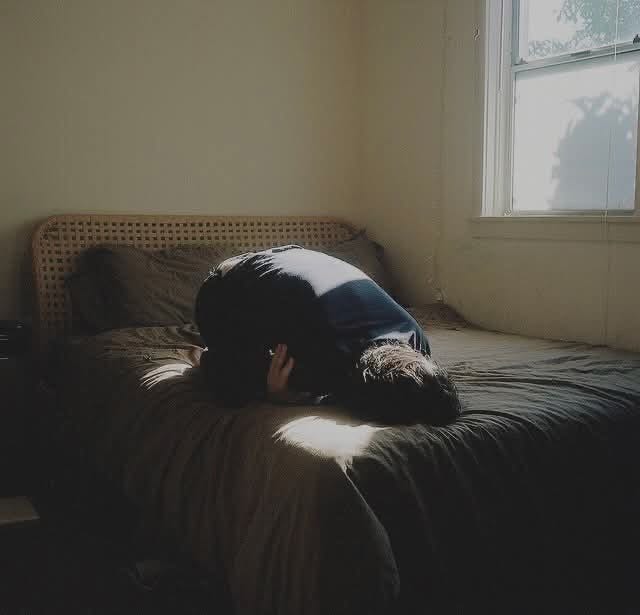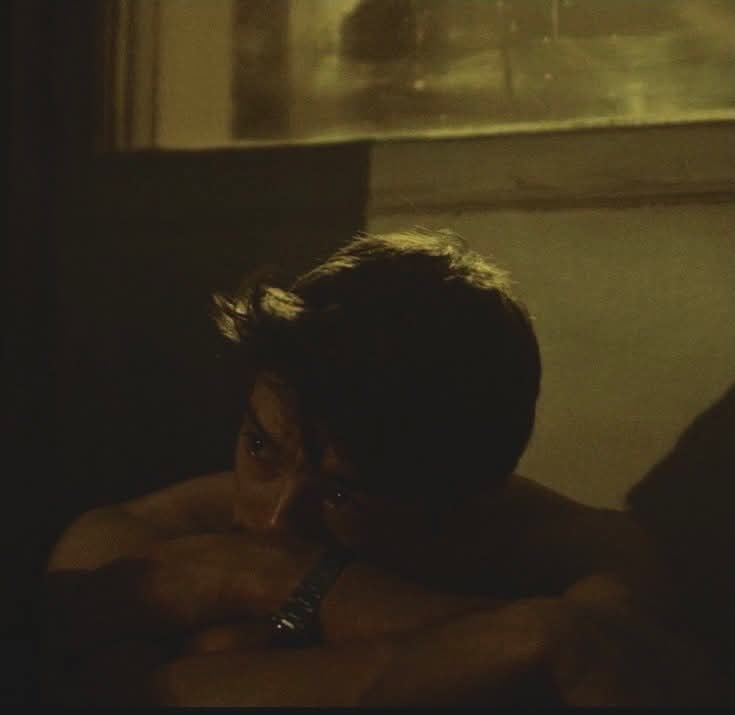A reflection on male fragility, misogyny, and my fear of getting it wrong as a future mother.
When I watched Adolescence, I wasn’t exactly shocked. It wasn’t the first time I had seen violence born out of shame, rejection, loneliness. But something about it made me look differently.
I felt the weight of the silence surrounding the boy — the way no one seemed to know, or perhaps didn’t want to know, what he was turning into. And after the series ended, I didn’t stop there. I started reading people’s reactions. I wanted to see how others felt about such a subject.
And there, in the comments, I found something painfully familiar: an almost instinctive dismissal of the boy’s guilt.
Many said the girl “deserved it” — because she rejected him, because she humiliated him. That he “wasn’t that bad,” that “others would’ve done worse.”
I felt anger. But more than that, I felt fear.
Beyond any analysis, I wasn’t just an observer — I was a future mother. And while I was reading all those reactions, a question began echoing in my mind and never left me: What can I do, if I one day have a son, to make sure he never ends up in that place?
This was no longer about blame or theory. It was about responsibility. About that kind of love that isn’t just tender — but also clear-eyed.
I don’t want to raise a “real man” if that means he grows up cold, hiding behind silence, or turning his fragility into hatred. I want to raise a person who is conscious of himself. Someone who knows how to feel and doesn’t carry shame for it. Someone who doesn’t seek his worth in domination, but in morality, in empathy. In the ability to choose what’s good, even when the world teaches him something else.
That’s where it all started — with a fear. But also with an honest question: What if we taught boys, first and foremost, not how to be men — but how to be human?
Why Misogyny Is Not “Just an Opinion”
Misogyny doesn’t come out of nowhere. It’s not a character flaw or a random cultural glitch. It’s a deeply rooted social construction that draws its strength from a solid foundation: patriarchy.
From centuries of ideas about what a “real man” should look like. From a culture that glorifies power, domination, silence, and aggression — and that validates a man only when he holds control.
A boy learns early on that he’s not allowed to lose — not in games, not in love, not in status. He’s told he must be strong, he must conquer, he must prove something — constantly.
Any rejection — whether it comes from a girl, a peer, or the world itself — is felt as a direct threat to his identity.
Because that’s how the world taught him to function: manhood is not who you are — it’s what you prove.
Comments That Made Me Put My Phone Down
I saw this in hundreds of online comments, especially after watching Adolescence.
People saying, without a hint of shame:
“She humiliated him. She deserved it.”
“That’s what happens when girls reject boys.”
“Because of girls, boys kill themselves.”
“The male suicide rate is higher. Don’t you see that?”
Oh, we do see it and that should worry us. Not because girls should be held responsible for every inconvenience that triggers boys’ pain — but because, truly, boys haven’t been taught how to handle their suffering.
They’ve been given no space. No model. No exit.
The Validation of Masculinity Should Not Come Through the Humiliation of Others
Perhaps the most dangerous message perpetuated by traditional masculine culture is that manhood must be proven — that it’s not something you simply are, but something you constantly have to demonstrate in front of others.
And how do you prove it? Through control. Through domination. Through the rejection of emotion.
In this model, there is no room for compassion. No space for hesitation. No tolerance for acknowledging one’s limits.
But a boy doesn’t need to become a cold person to be a “man.” A boy needs to become a person who is aware of his inner life. Someone who knows how to feel, how to communicate, and who doesn’t confuse power with aggression.
And that means:
• teaching him that he is allowed to feel,
• showing him how to feel,
• being there when he’s afraid of what he feels,
• and never making him believe that his emotions make him any less worthy of love.
What Happens When a Boy Learns to Feel
When a boy is raised in an environment where he’s allowed to feel, to say what hurts, to put frustration into words, everything changes. He learns that: it’s not weakness to admit you feel lonely; it’s not shameful to say you’re overwhelmed; it’s not degrading to cry.
And if he’s guided — not just left to figure it out alone — he’ll learn how to manage negative emotions without denying them or turning them into weapons. So when he eventually encounters “red pill” rhetoric, misogynistic ideas, or the propaganda that glorifies aggression as a proof of manhood, he’ll already have immunity.
Not because he memorized rules — but because he knows who he is. And boys who know who they are don’t need an enemy to feel powerful.
I don’t know if I’ll be a perfect parent, but I do know this: I don’t want to raise a child for whom the world becomes an enemy simply because he doesn’t know what to do with his pain.
I don’t want to clear the path of obstacles. I want to teach him how not to become one, not to confuse being hurt with the right to hurt others. Not to believe that sensitivity is an excuse for violence. Not to think that pain grants him permission to destroy — neither others, nor himself.
I want to teach him to recognize his emotions without shame, but also to carry them with responsibility. To know what he feels — but even more, to understand what he does with those feelings. To be free, but self-aware, loved, but challenged.
I want to love him enough to give him space — and enough to ask him for integrity and when the world seems to turn against him, I want him to know that beauty and goodness still exist — and to have the courage to choose them.
Because in a chaotic world, the choice not to cause harm remains the only real form of power.
I’m not interested in teaching him how to be a “man,” but how never to forget what it means to be human.





I love your article so much. Indeed, the best way to rid our society of toxic masculinity (not that it will ever be eradicated completely, but we do our part as parents) is to raise boys who know how to be human. Thank you for sharing your thoughts so openly on this.
If boys just could sit for a while to feel what women has to go through-that too because of boy's failure to become a good human,battle would be easier. Perhaps,there would be no battle for girls/women to fight. Sadly, boys need to be taught to be human,who knows for how long.
Words are woven beautifully in your article.